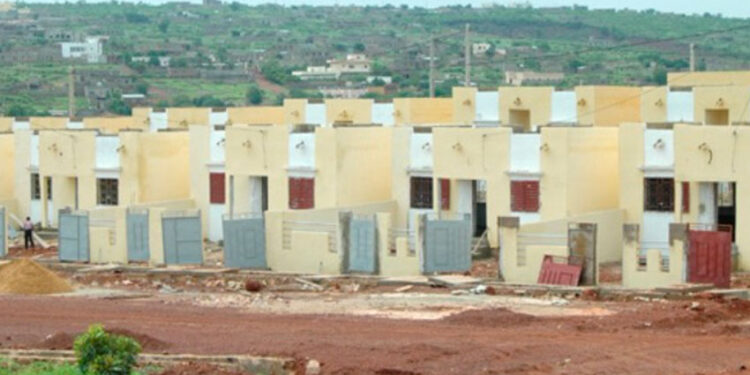A few days after the highlighting by the European Union of advances in working -class districts in Tunisia, President Kaïs Saïed chaired on the night of July 10 to 11 a council of ministers dedicated to access to the property of social housing. Two parallel approaches which reflect a common desire to act for better social and territorial justice.
A dynamic shared around dignity and equity
On July 7, the European Union praised the results of Program for the rehabilitation and integration of working-class neighborhoods (PRIQH-I)implemented in partnership with the Tunisian authorities. Since 2012, this program has made it possible to improve living conditions in 155 districts, receiving nearly 865,000 inhabitants across the country.
During the night of July 10 to 11, The President of the Republic brought together the Council of Ministers to discuss two bills to facilitate theGradual access to the property of social housingeither by staggered payment, or via rental-accession contracts.
These two institutional highlights bear witness to a joint will : guarantee each citizen a worthy and stable living environment, by combining structural, legal and operational efforts.
Complementarity between institutional approach and international support
The Presidency of the Republic recalled its commitment to translate the right to housing into concrete measuresin particular by facilitating the transition of tenants to the property. This system is particularly aimed at employees with modest income, often excluded from the classic real estate market.
For their part, the European institutions support the Tunisian authorities in an approach integrated territorialby renovating infrastructure, creating local equipment and strengthening social cohesion.
| Shutter | Tunisian initiative | European program |
|---|---|---|
| Target | Employees with medium or limited income | Residents of disadvantaged neighborhoods |
| Objective | Facilitate private property of social housing | Improve the urban and social environment |
| Tools | Bill: Temperament sale, lease-acted | Priqh-i & II: roads, lighting, public facilities |
| Portage | Tunisian state | ARRU + EU/BEI/AFD |
A shared vision, complementary means
If the methods differ, the purposes converge : strengthen dignity, improve access to safe and lasting housing, and reduce social and territorial inequalities.
“Tunisia is full of skills. When they open perspectives, they benefit the whole country, “said President Kaïs Saïed, stressing the need for Structural and inclusive solutions.
The convergence of these initiatives testifies to the Synergy between national policies and international supportsin a context where the question of housing becomes an essential lever for stabilization and development.
Towards a plural social architecture
Recent announcements reflect a dynamic in which Tunisian state affirms its driving rolewhile valuing the contributions of development partners. They mark a turning point to a more inclusive social architecturewhere access to housing, urban dignity and territorial justice become shared priorities.








